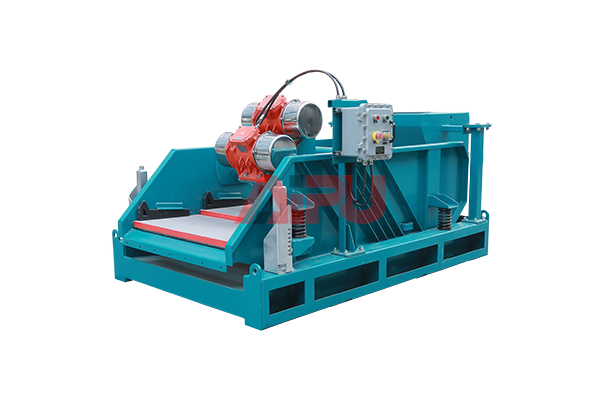Understanding the Critical Safety Regulations for Solids Control Systems
Solids control systems play a vital role in drilling operations, ensuring efficient separation and management of drilling fluids. However, their operation involves significant safety risks if not properly regulated. Compliance with safety standards is not just a legal requirement but a crucial factor in preventing accidents and ensuring worker safety.

The foundation of solids control system safety begins with proper equipment installation. All components must be securely mounted and properly grounded to prevent electrical hazards. Regular inspections should verify structural integrity, with particular attention to high-pressure areas and moving parts. OSHA regulations mandate that all safety guards remain in place during operation, and lockout/tagout procedures must be strictly followed during maintenance.
Chemical handling represents another critical safety aspect. Many drilling fluids contain hazardous materials that require special precautions. Material Safety Data Sheets (MSDS) must be readily available for all chemicals used in the system. Proper personal protective equipment (PPE) including gloves, goggles, and respirators should be worn when handling these substances. Spill containment systems and emergency showers must be accessible in chemical handling areas.
Noise exposure presents a significant occupational hazard in solids control operations. The constant operation of shale shakers, centrifuges, and other equipment often exceeds permissible noise levels. Hearing protection programs should be implemented, including mandatory use of ear protection and regular audiometric testing for workers. Engineering controls such as sound barriers or equipment enclosures can help reduce noise at the source.
Explosion prevention measures are essential when dealing with volatile substances. Proper ventilation systems must maintain safe atmospheric conditions in enclosed spaces. All electrical equipment should be rated for the specific hazardous area classification. Regular gas monitoring and strict enforcement of no-smoking policies further reduce explosion risks.
Emergency preparedness completes the safety framework for solids control systems. Clearly marked emergency exits, well-maintained fire extinguishers, and regularly practiced evacuation drills ensure workers can respond effectively to incidents. First aid kits should be strategically placed and regularly restocked, with designated personnel trained in emergency medical procedures.
If your project requires solids control equipment, choose Aipu solids control, we believe it will be your best choice.
